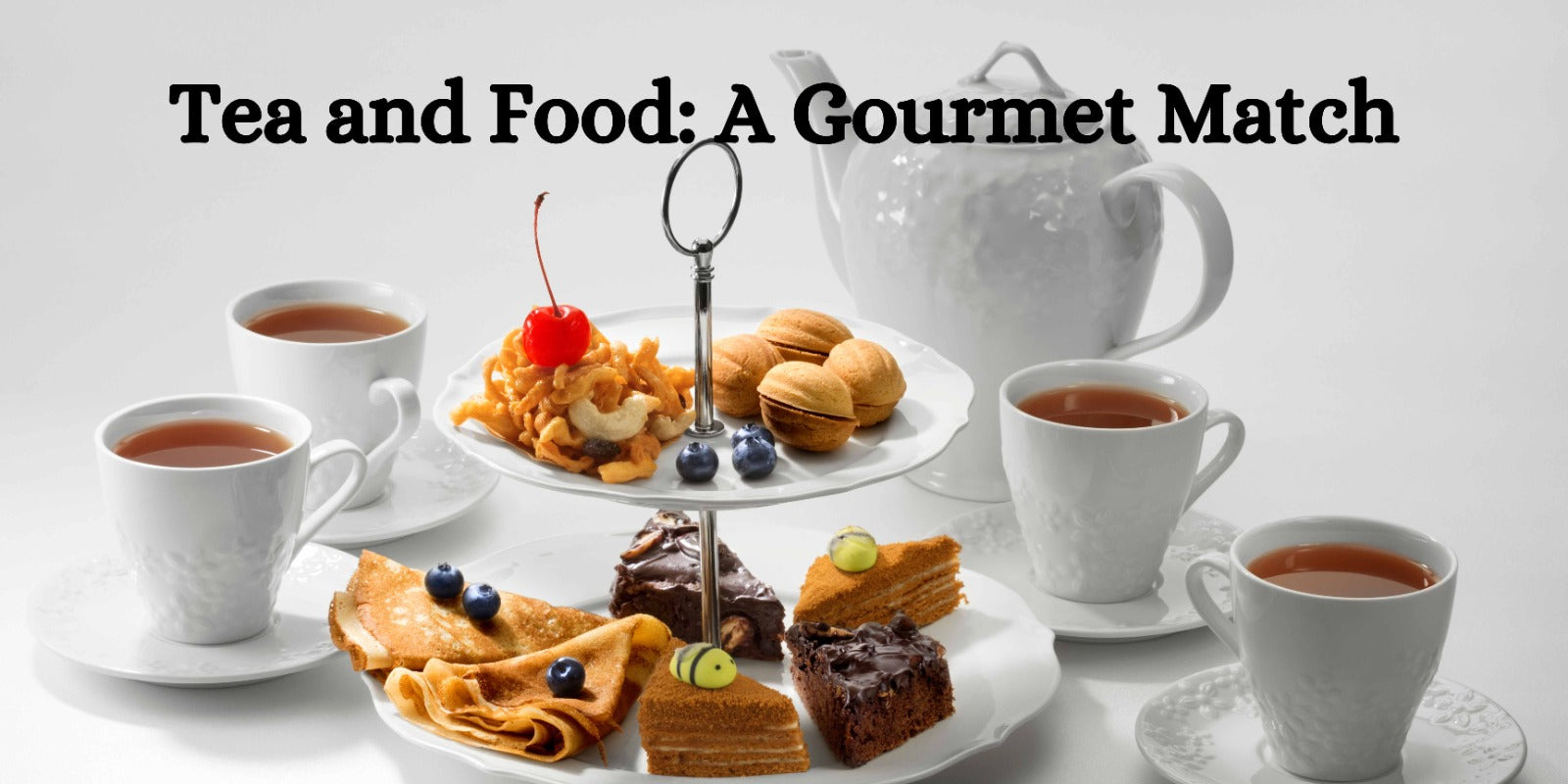Tea is a beloved beverage around the world, enjoyed by millions for its soothing properties and health benefits. But when it comes to children, parents often wonder if tea is safe and, if so, at what age can children start drinking tea? Understanding the right time for kids to enjoy tea, along with the potential benefits and concerns, can help parents make informed decisions.
Can Children Drink Tea?
Yes, children can drink tea, but it's essential to be cautious about the type and amount. While tea has many benefits, such as antioxidants and calming properties, it also contains caffeine, which is a stimulant. Caffeine affects children differently from adults because their bodies are smaller and more sensitive to its effects.
For this reason, it is recommended to avoid giving caffeinated tea to children under the age of 4-5 years. After this age, small amounts of tea, especially non-caffeinated herbal teas, can be introduced in moderation.
The Right Age to Start Drinking Tea
- Age 4-5 years: Around this age, children can start drinking small amounts of tea, but it’s best to stick to herbal teas that are naturally caffeine-free. Chamomile, peppermint, and rooibos teas are popular choices for children. These teas are gentle, soothing, and offer health benefits without the stimulating effects of caffeine.
- Age 10 years and older: At this stage, children can gradually try caffeinated teas like black tea or green tea, but it should be given in small amounts. It's essential to limit their caffeine intake to avoid sleep disturbances, hyperactivity, or anxiety. One weak cup of tea a day is a good starting point.
Benefits of Tea for Children
While caffeine should be limited, there are still benefits to introducing tea into a child’s diet, especially herbal teas:
- Herbal teas: Chamomile tea, for instance, is known for its calming properties and can help children relax before bedtime. Peppermint tea can soothe tummy aches or digestive discomfort, while rooibos tea is rich in antioxidants and is naturally sweet, making it a kid-friendly choice.
- Hydration: Non-caffeinated teas can be a good way to keep children hydrated, especially for those who may not enjoy drinking plain water.
- Boosts immunity: Herbal teas like ginger or echinacea are known to help support the immune system, which is beneficial for children during cold and flu season.
Concerns About Tea for Children
- Caffeine: The biggest concern with children drinking tea is caffeine. While small amounts of caffeine can be safe for older children, too much can lead to restlessness, sleep problems, and increased heart rate. Therefore, limiting caffeinated tea is crucial for young children.
- Added sugars: When giving tea to children, it’s important to avoid adding too much sugar or sweeteners. Sugary teas can contribute to tooth decay and unhealthy weight gain. It’s better to offer tea plain or with a touch of honey (for children over one year old) as a natural sweetener.
- Tannins: Some teas, particularly black and green teas, contain tannins, which can interfere with the absorption of iron from foods. This can be a concern for children who need iron for growth and development. To minimize this effect, avoid serving tea around mealtime and stick to herbal teas for younger children.
Tips for Serving Tea to Children
- Start with herbal teas like chamomile, rooibos, or peppermint.
- Avoid giving caffeinated teas to children under the age of 5.
- Serve tea in small amounts and make it a special treat, not an everyday habit.
- Limit added sugars and encourage children to enjoy the natural flavors of tea.
- If introducing caffeinated teas to older children, keep portions small and monitor their reaction to caffeine.
Conclusion
Children can start drinking tea as early as 4 or 5 years old, but it’s important to begin with caffeine-free herbal teas and limit the amount of sugar. Caffeinated teas can be introduced in small amounts after the age of 10, but should be monitored to avoid overstimulation. By choosing the right tea and serving it in moderation, tea can be a safe and enjoyable drink for kids.




